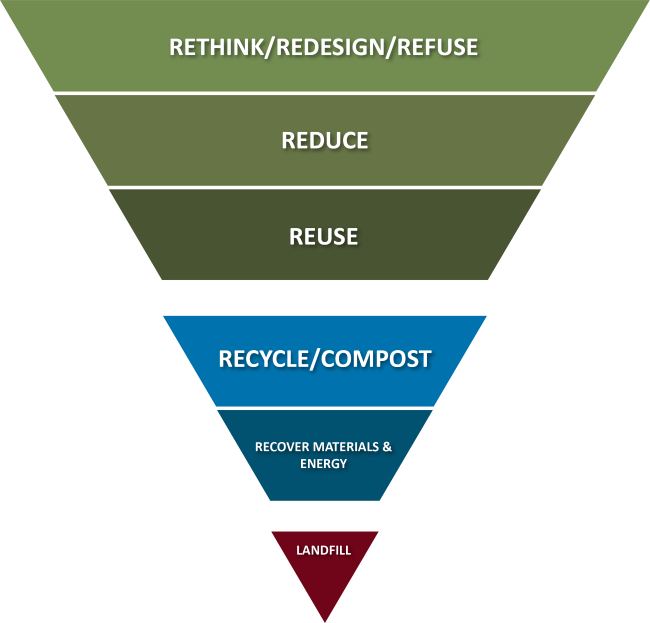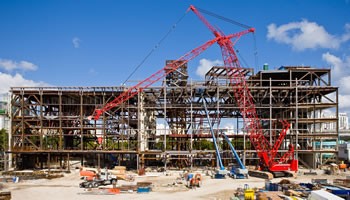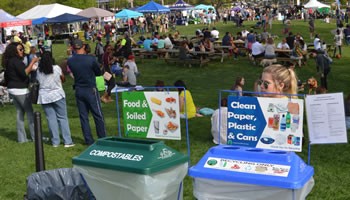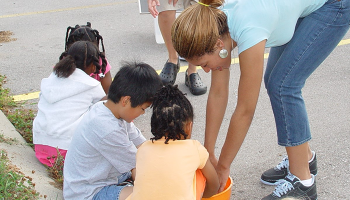Zero Waste means to minimize the waste we generate and maximize the diversion of materials from landfills through sustainable solid waste management practices. With a Zero Waste mindset, we can transition from a linear economy that focuses on the start and end of a product’s life, to a circular economy, that captures and reincorporates materials.
Simply put, Zero Waste is moving from disposing of waste to managing waste as a resource by reducing, reusing, recycling, and composting instead of landfilling.
What are Nashville's Zero Waste Goals?
In December 2019, Nashville’s Solid Waste Region Board approved a Zero Waste Master Plan to lead the region in achieving zero waste. The plan was then adopted by Metro Council and includes the following goals:
- Reach zero waste - defined as diverting 90% of Nashville's waste away from landfills
- Increase recycling, food waste reduction and recovery, and composting throughout Davidson County
- Adopt recycling and recovery programs targeted towards Nashville's growing construction and demolition waste stream
- Strengthen public education programs to help Nashvillians refuse, reduce, reuse, recycle, and compost
Why Zero Waste?
According to the Tennessee Department of Environment and Conservation, Tennessee residents generate nearly 32% more waste on average than other Americans. Here in Nashville and Davidson County, over 80% of our waste goes to a landfill, and that amount has been increasing over the years.
But in Nashville and Davidson County, we recognize that relying on landfilling has financial, environmental, and social costs and is not a sustainable solution to the waste we generate.
Additionally, we know that recycling alone will not solve all our waste creation issues. We must look to all strategies on the zero waste management hierarchy.
Zero Waste Hierarchy

The Zero Waste Hierarchy orders waste reduction strategies from the most effective to the least effective at preventing pollution, conserving energy, and preserving our natural resources.
1. Rethink, Redesign, Refuse - Prevent waste from being generated.
2. Reduce - Reduce the amount of waste we generate.
3. Reuse - Reuse materials through repair, donation, or finding new use.
4. Recycle, Compost - Recycle and compost to create new products.
5. Recover Energy - Recover materials to create energy.
6. Landfill - Considered an unacceptable strategy for Zero Waste, but is the last resort if material does not have a higher and better use.
Get "The Nash Trash" News
Sign up for "The Nash Trash" newsletter. "The Nash Trash" gives you the news you can reuse from Metro Nashville Waste Services to help keep Nashville clean and green, with:
- Tips on recycling, composting, and all things zero waste
- Updates about recycling collection and drop-off sites
- Practical resources for low-waste living
Go Zero Waste

Zero Waste for Individuals

Zero Waste for Businesses

Zero Waste for Development

Zero Waste for Event Planners

Zero Waste for Educators

